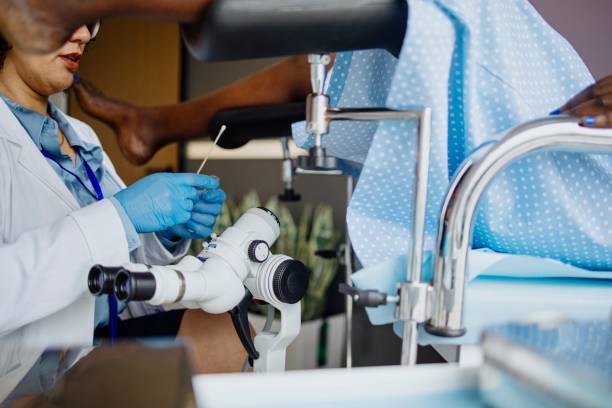By Kiah Leone
As countries like the United States, Canada, Australia, and others become increasingly aware of the practice of female genital cutting (FGC) and its presence in their country, their healthcare systems are having to explore what support and quality services for survivors of FGC entail. Medical studies conducted across many of these countries have identified a significant lack of knowledge on behalf of healthcare workers when it comes to the practice of FGC. This lack of understanding regarding the practice, particularly the various sociocultural contexts within which it is perpetuated, can often leave survivors confronted with a healthcare system ill equipped to meet their particular needs. Unfortunately, instances of discrimination and stigmatization are not uncommon as a result, and such instances may cause survivors to feel discomfort, judgement, embarrassment, and fear in medical contexts, or to avoid seeking medical help and attention altogether.
As part of my graduate degree in Social Anthropology, I decided to investigate the experiences of medical professionals in Canada as they navigated appropriate and culturally competent care for survivors. In 2018, I conducted a qualitative study with interviews of Canadian physicians and health care providers who had provided reproductive health care to survivors in Canada. The purpose of this study was not only to gain a deeper understanding of the role of physicians and medical personnel in providing reproductive health care to survivors of FGC, but to also learn how FGC was thought about, both within the Canadian healthcare system and in Canada as a whole.
Interviews with medical professionals consisted of a series of questions regarding their level of education and training, experiences providing reproductive health care, knowledge of FGC and how they first came to learn about it, as well as their experiences providing care specifically for survivors. From these interviews, four major themes emerged: a lack of education and training amongst health care personnel in regards to FGC; reliance upon repeated encounters with survivors in order to develop a form of expertise in FGC-related care; a desire amongst participants to educate past, present, and future health care professionals on the practice of FGC; and the belief that FGC is an important topic of concern for reproductive health care specialists in Canada. What stood out across each of these themes was an emphasis on the importance of understanding FGC, rather than just learning how to accommodate survivors within a medical context.
The physicians and health care providers who participated in my study all recognized the value and importance of education, training, and mentorship in the medical and health care concerning FGC in Canada. Providers explored the benefits of education and training, not only for their current and future medical students and residents, but also for their colleagues and peers to account for the diverse needs of their patients. From this study, I concluded that by continuing their own learning, making recommendations, and implementing education initiatives that provide early learning opportunities for others, Canadian health care professionals can improve the quality of care that survivors receive here in Canada.
Kiah Leone (she/her) is a Doctoral Candidate in the School of Health Sciences and an Instructor for the Department of Anthropology at the University of Northern British Columbia (UNBC). Kiah’s research interests focus on improving female genital cutting (FGC) survivors’ experiences in accessing quality health care in Canada. She received her MA in Social Anthropology from York University and her BA in Anthropology from Vancouver Island University. Kiah is currently undertaking a study on the introduction of clitoral reconstructive surgery in Canada.

